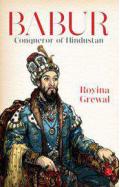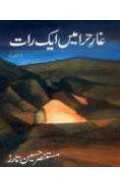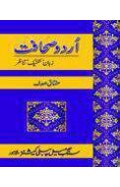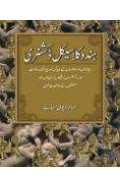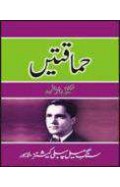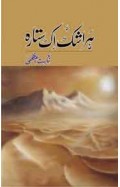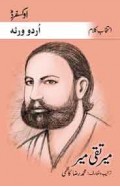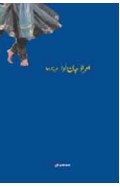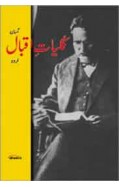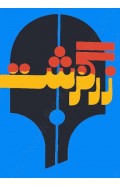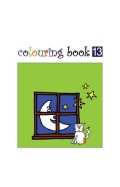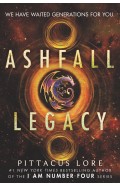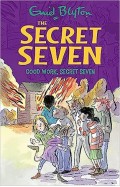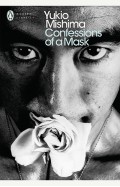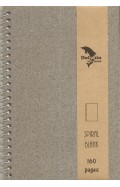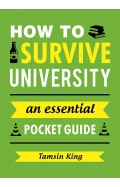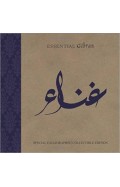Intikhab-e-Khutoot-e-Ghalib
By: Tanzeem-ul-Firdous
-
Rs 661.50
- Rs 735.00
- 10%
You save Rs 73.50.
Due to constant currency fluctuation, prices are subject to change with or without notice.
This is a representative selection of Mirza Asadullah Khan Ghalib’s letters. There are many aspects of Ghalib’s Urdu letters that scholars have deliberated on. Ghalib departed from the norm among his peers of writing in Persian, composing many of his letters in an Urdu which was moreover free of the highly ornamental language and long and tortuous salutations and formalities that were also customary. In fact, Ghalib’s letters are specimens of exquisite Urdu prose. At that time, Urdu prose, as distinct from poetry, was beginning to take shape. Ghalib’s letters and Sir Syed Ahmed Khan’s essays are the most important early landmarks in the history of modern Urdu prose. Ghalib’s earliest Urdu letter discovered is dated 1847 and is addressed to Mirza Tafta. His incisive wit and sharp sense of humour make these letters examples of prose humour. Some of his letters carry important information about his own life and works. Letters that debate literary issues are quite large in number. Many of them discuss Urdu orthography and lexicography or give critical opinions about Persian or Urdu literary works.
This is a representative selection of Mirza Asadullah Khan Ghalib’s letters. There are many aspects of Ghalib’s Urdu letters that scholars have deliberated on. Ghalib departed from the norm among his peers of writing in Persian, composing many of his letters in an Urdu which was moreover free of the highly ornamental language and long and tortuous salutations and formalities that were also customary. In fact, Ghalib’s letters are specimens of exquisite Urdu prose. At that time, Urdu prose, as distinct from poetry, was beginning to take shape. Ghalib’s letters and Sir Syed Ahmed Khan’s essays are the most important early landmarks in the history of modern Urdu prose. Ghalib’s earliest Urdu letter discovered is dated 1847 and is addressed to Mirza Tafta. His incisive wit and sharp sense of humour make these letters examples of prose humour. Some of his letters carry important information about his own life and works. Letters that debate literary issues are quite large in number. Many of them discuss Urdu orthography and lexicography or give critical opinions about Persian or Urdu literary works.
Zubin Mehta: A Musical Journey (An Authorized Biography)
By: VOID - Bakhtiar K. Dadabhoy
Rs 892.50 Rs 1,050.00 Ex Tax :Rs 892.50
Intekhab e Kalam Urdu Warsa Meer Taqi Meer
By: Mohammad Raza Qazmi
Rs 166.50 Rs 185.00 Ex Tax :Rs 166.50
How to Survive University: An Essential Pocket Guide
By: Tamsin King
Rs 930.75 Rs 1,095.00 Ex Tax :Rs 930.75
Essential Gibran Special Calligraphed Collectible -
By: Khalil Gibran
Rs 845.75 Rs 995.00 Ex Tax :Rs 845.75
Zubin Mehta: A Musical Journey (An Authorized Biography)
By: VOID - Bakhtiar K. Dadabhoy
Rs 892.50 Rs 1,050.00 Ex Tax :Rs 892.50












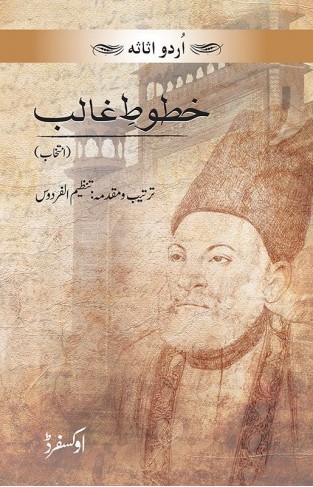
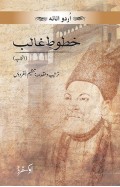
-120x187.jpg?q6)





